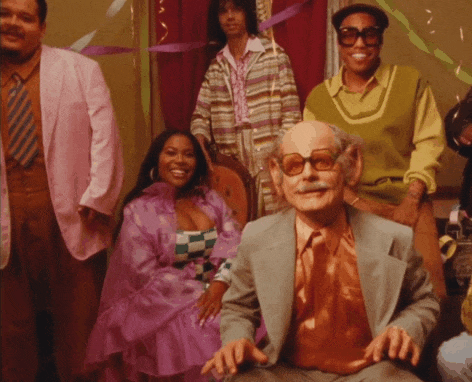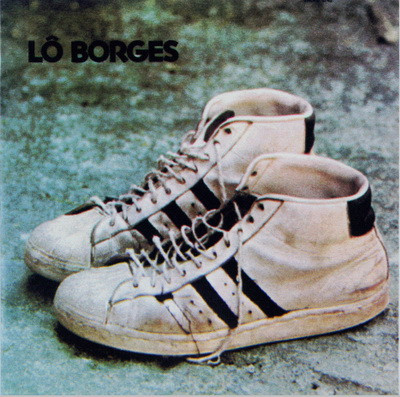- Welcome to Cook'd and Bomb'd.
-
 Last tune you played 5 times...
by Better Midlands
Last tune you played 5 times...
by Better Midlands
[Today at 12:10:26 PM] -
 Trans Mania: Graham Linehan...
by Dr M1nx PhD
Trans Mania: Graham Linehan...
by Dr M1nx PhD
[Today at 12:08:29 PM] -
 What oldish fiction are you...
by Underturd
What oldish fiction are you...
by Underturd
[Today at 12:08:14 PM] -
 "B*lt my hat's arse!"...
by Dr M1nx PhD
"B*lt my hat's arse!"...
by Dr M1nx PhD
[Today at 12:07:03 PM] -
 watching The Sopranos for...
by gmoney
watching The Sopranos for...
by gmoney
[Today at 12:02:44 PM] -
 Glinner: thread for backseat...
by Catalogue Trousers
Glinner: thread for backseat...
by Catalogue Trousers
[Today at 11:58:24 AM] -
 Snooker 23/24
by Found Wound Round
Snooker 23/24
by Found Wound Round
[Today at 11:56:23 AM] -
 Dazed and Confused
by Inspector Norse
Dazed and Confused
by Inspector Norse
[Today at 11:40:21 AM] -
 "that was never the intention"...
by Underturd
"that was never the intention"...
by Underturd
[Today at 11:40:00 AM] -
 A dream
by Underturd
A dream
by Underturd
[Today at 11:39:34 AM]
Members
 Total Members: 17,826
Total Members: 17,826 Latest: skinnylike
Latest: skinnylike
Stats
 Total Posts: 5,585,452
Total Posts: 5,585,452 Total Topics: 106,768
Total Topics: 106,768 Online Today: 1,083
Online Today: 1,083 Online Ever: 3,311
Online Ever: 3,311- (July 08, 2021, 03:14:41 AM)
Users Online
 Users: 85
Users: 85 Guests: 821
Guests: 821 Total: 906
Total: 906 Better Midlands
Better Midlands Steven88
Steven88 DreadedScotsman
DreadedScotsman Gambrinus
Gambrinus DrGreggles
DrGreggles Norton Canes
Norton Canes Old Thrashbarg
Old Thrashbarg Thosworth
Thosworth Fru
Fru Butchers Blind
Butchers Blind BJBMK2
BJBMK2 gmoney
gmoney Mr Vegetables
Mr Vegetables Dr M1nx PhD
Dr M1nx PhD Prax150
Prax150 GMTV
GMTV Shaxberd
Shaxberd pingus
pingus AliasTheCat
AliasTheCat Underturd
Underturd Tiggles
Tiggles daf
daf NattyDread 2
NattyDread 2 Hobo With A Shit Pun
Hobo With A Shit Pun Phil Colons
Phil Colons Cuellar
Cuellar Gurke and Hare
Gurke and Hare lardboy
lardboy Jockice
Jockice Catalogue Trousers
Catalogue Trousers Ruben Remus
Ruben Remus KaraokeDragon
KaraokeDragon McDead
McDead Orino
Orino Armin Meiwes
Armin Meiwes magister
magister Zetetic
Zetetic phantom_power
phantom_power mikeslaughter
mikeslaughter Eltho Jo
Eltho Jo Jittlebags
Jittlebags Pseudopath
Pseudopath PaoloTramezzani
PaoloTramezzani FredNurke
FredNurke Magnum Valentino
Magnum Valentino Egyptian Feast
Egyptian Feast famethrowa
famethrowa Jack Shaftoe
Jack Shaftoe Wayman C. McCreery
Wayman C. McCreery holbob
holbob Randy Scruggs
Randy Scruggs fink
fink persephone
persephone TheDreamIsOver
TheDreamIsOver oggyraiding
oggyraiding SpiderChrist
SpiderChrist Queen Peach
Queen Peach Found Wound Round
Found Wound Round paddy72
paddy72 BritishHobo
BritishHobo Funcrusher
Funcrusher mikej
mikej Jackson K Pollock
Jackson K Pollock
